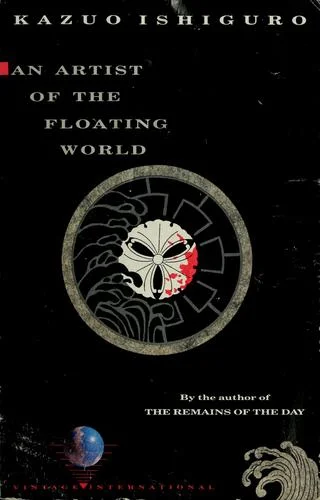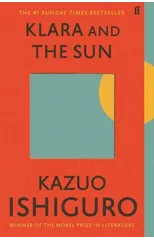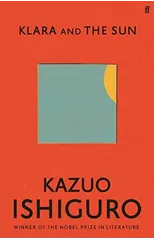From the winner of the Nobel Prize in Literature and author of the Booker Prize–winning novel The Remains of the Day In the face of the misery in his homeland, the artist Masuji Ono was unwilling to devote his art solely to the celebration of physical beauty. Instead, he put his work in the service of the imperialist movement that led Japan into World War II. Now, as the mature Ono struggles through the aftermath of that war, his memories of his youth and of the "floating world"—the nocturnal world of pleasure, entertainment, and drink—offer him both escape and redemption, even as they punish him for betraying his early promise. Indicted by society for its defeat and reviled for his past aesthetics, he relives the passage through his personal history that makes him both a hero and a coward but, above all, a human being.
Kazuo Ishiguro
Kazuo Ishiguro is a Japanese-born British author known for his subtle and haunting novels exploring themes of memory, loss, and identity. His most notable works include "The Remains of the Day," which won the Man Booker Prize in 1989, and "Never Let Me Go," a dystopian novel that was shortlisted for the Booker Prize in 2005. Ishiguro's writing style is characterized by its spare and precise prose, as well as its deep emotional resonance. His contributions to literature have earned him widespread acclaim and established him as a leading voice in contemporary fiction. "The Remains of the Day" remains his most famous work, praised for its exploration of duty, regret, and the passage of time.




